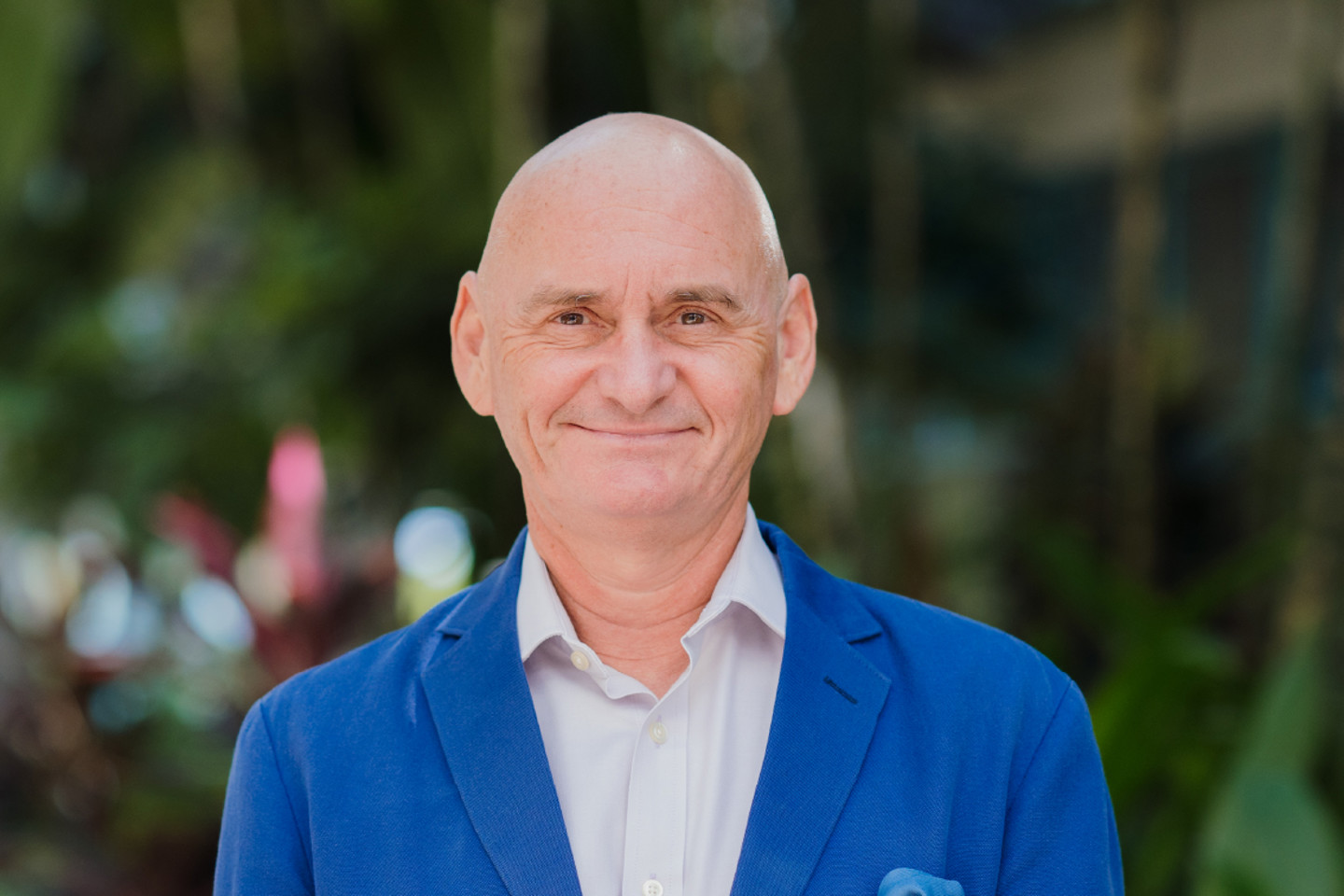After the pandemic, the richest people will use technology to establish themselves even further afield than they are now – and will need the necessary legal support.
These are unprecedented times, including for wealthy families. Even if they may be more cushioned than most, they are not immune to the disruption caused by such a major global pandemic. And like all of us, they have been focusing on family, reacting, taking steps and even rethinking the future.
Such families tend to have second (or more) homes, often in the countryside or perhaps on an island somewhere. Crowded cities are not conducive to selfisolating so these families have tended to head to their retreats, including resorting to private jets, where necessary (rightly or wrongly ignoring the negative popular press reports, although these have tended to focus on the more egregious examples).
Also, like all of us, wealthy families have found themselves ‘working from home’ and connecting with their businesses, advisers and family offices remotely. Initially, many of us struggled with adapting so rapidly to the new world of global communications technology but then, having been shaken out of our comfort zones, we have found it more straightforward than we envisaged. Indeed, it is easy to imagine Zoom and DocuSign, to name just two such now ubiquitous ways of doing things, replacing physical meetings and wet ink signed documents as the new norm.
Two certainties are that we will get through this crisis and that the world will be fundamentally changed. Global capitalism will flourish again and new giant global businesses will emerge to cater for new ways of connecting globally. New checks on borders will not halt inexorable ever greater globalisation (even if that increasing globalisation may well have been nudged to a different forward path).
Another near certainty will be that the G20 countries will need to raise taxes to pay for all the giant fiscal stimulus programmes, and the wealthy will be targeted, egged on by the populist press and politicians looking for a scapegoat for the inevitable belt-tightening.
What seems highly likely is that many wealthy families will have less of a need or desire to live, work and have their family offices in major cities. A degree of distancing from much of humanity per se is not undesirable, much depends on the place and circumstances.
Other drivers of this move towards wealthy families becoming more internationally mobile include the creation of new wealth in regions such as Asia, much of that wealth being internet- rather than industrial-based and existing wealth passing to the next generation.
The younger wealthy are more globally connected, they tend to be more focused on lifestyle choice and will often have travelled, studied or even lived much further afield than their parents. Inevitably, they will feel less tied to their countries of origin.
In places like Cayman, Guernsey and Jersey, there have been growing numbers of wealthy families and businesses taking up residence as our islands become more and more desirable places to live, not just in terms of being idyllic and low-tax but also as being ever more internationally sophisticated and connected. In turn, the private client departments of law firms have responded by broadening their range of services, increasingly becoming more like their counterparts in the likes of London and New York.
Fifteen or 20 years ago, a private client lawyer in one of these islands could have just about focused solely on international trust and trust company-related work. Now their departments also need (or need to be able to plug into within their firms) local and international expertise in such areas as succession planning, family business structuring, governance and succession, structuring a family office, regulatory matters and highend immigration and property. While this is so, the rapidly increasing international tax and regulatory environment has actually required more, not less, collaboration with the onshore advisors.
Again, these are unprecedented and rather worrying times and we will all feel a great deal of sympathy for those hardest hit (and, in fairness to wealthy families, many have ramped up their philanthropic and other such efforts accordingly). Nevertheless, as normality returns, albeit somewhat altered, the momentum of wealthy families becoming internationally mobile will continue.
Author - Andrew Miller, Partner
This article was first published by The Lawyer in its Private Wealth feature, June 2020.
No Content Set
Exception:
Website.Models.ViewModels.Blocks.PageBlocks.CardBlocks.DownloadCardBlockVm
Locations: BVI | Cayman Islands | Guernsey | Jersey | Singapore
Related Service: International Private Client




